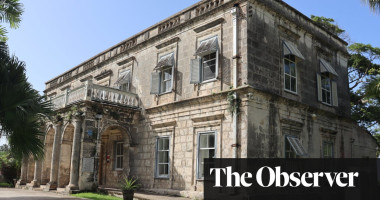Revealed: how Church of England’s ties to chattel slavery went to top of hierarchy
Lambeth Palace documents show purchase of enslaved people in 18th century approved by Anglican archbishop
An archbishop of Canterbury in the 18th century approved payments for the purchase of enslaved people for two sugar plantations in Barbados, documents seen by the Observer have revealed.
Thomas Secker agreed to reimburse a payment for £1,093 for the purchase of enslaved people on the Codrington Plantations, as well as hiring enslaved people from a third party. It was stated the measures were “calculated for the future lasting advantages of the estates”.
The papers are among a cache of documents found in the archives of Lambeth Palace Library which detail the direct links between the Church of England and chattel slavery on plantations owned by its missionary arm, The Society for the Propagation of the Gospel in Foreign Parts (SPG).
In response to the Observer’s revelations, Justin Welby, the archbishop of Canterbury, said: “Every new piece of evidence around the Church’s involvement in the slave trade is sobering, and reading that a former archbishop of Canterbury was involved in the purchase of enslaved people is particularly painful.
